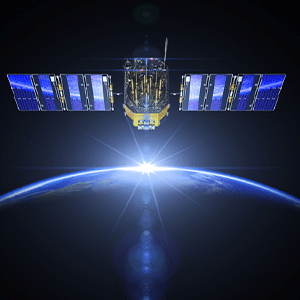There is a revolution happening in space systems and it is not just being fueled by Monomethyl Hydrazine, but by investors who are looking for the next big thing for creating wealth and opportunity for man’s inevitable desire to continue to explore new horizons. Multiple high-profile billionaires such as Elon Musk of SpaceX, Richard Branson of the Virgin Group and Amazon’s Jeff Bezos of Blue Origin are developing commercial launch services funded in all or in part by investors (or themselves). When the richest man in the world and some of his billionaire cohorts invest in a new industry, it makes other investors, rightfully, take notice.
As such, the New Space Revolution is on with numerous venture capital firms and other investor groups pouring billions of dollars into new space related ventures. Even NASA is getting into the new space investor game. Many of the recent contract awards by NASA to return Americans to the moon have been commercial based contracts. This new NASA procurement approach is very different for the space agency. In the past, NASA programs would be a combination of NASA personnel leading project development and testing with strong support from typically large commercial companies like Boeing, Northrop Grumman, or Lockheed providing leading expertise as well on what was often a very expensive cost reimbursement type program. Because these programs like the Apollo program to the moon were so big, so difficult, and so risky, companies like that would only do them if they were assured their costs would be covered even in the case of overruns. It actually made sense because a major program like that could bankrupt one of the country’s leading aerospace programs if it proved far more expensive to execute.
Effectively it is like saying I want to fly from Los Angeles to New York, so I am going to contract with you to design and build an Airplane and then I will fly the plane to deliver the people. Then NASA owns that airplane and can continue to use it or not.
Today, NASA is doing far more contracts that are service contracts rather than systems contracts. What does that mean? Instead of NASA buying a system capable of delivering astronauts to the moon, they are effectively buying plane tickets to have astronauts delivered to the moon and brought home. It then becomes the responsibility of the company selling the ticket to develop and own the system that will provide that service.
Today, there are numerous companies willing to take the risk and they are often willing to sign up at what would appear in many cases be prices where they may lose well money. Why would they do that? Because they recognize it gets them into a business that may be very lucrative in the future not just supporting government programs but building a commercial business.



